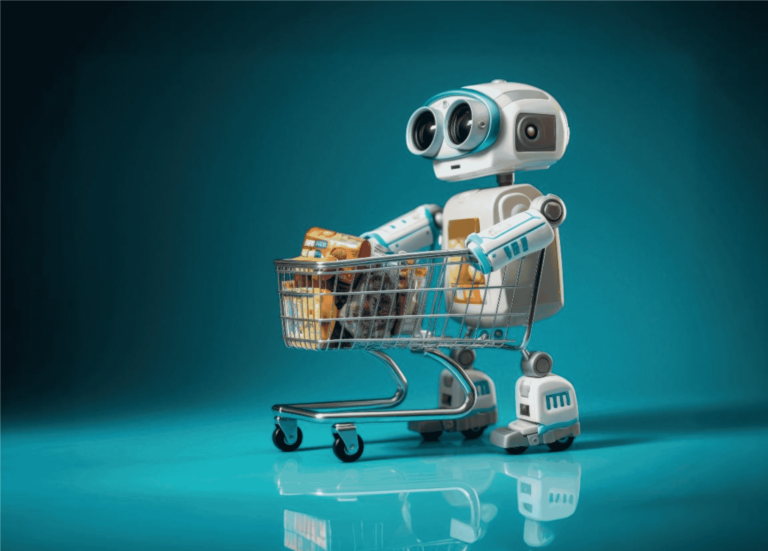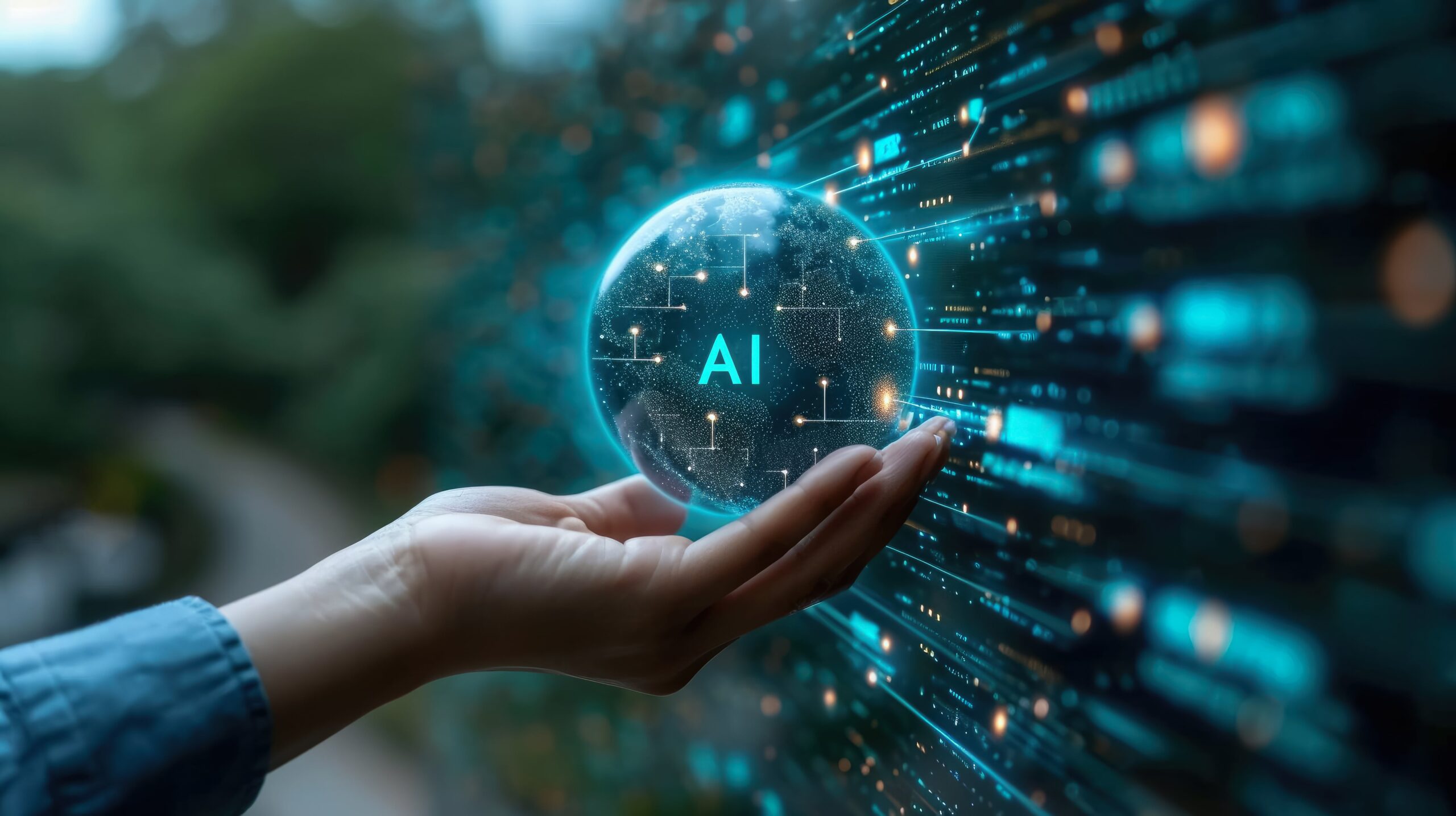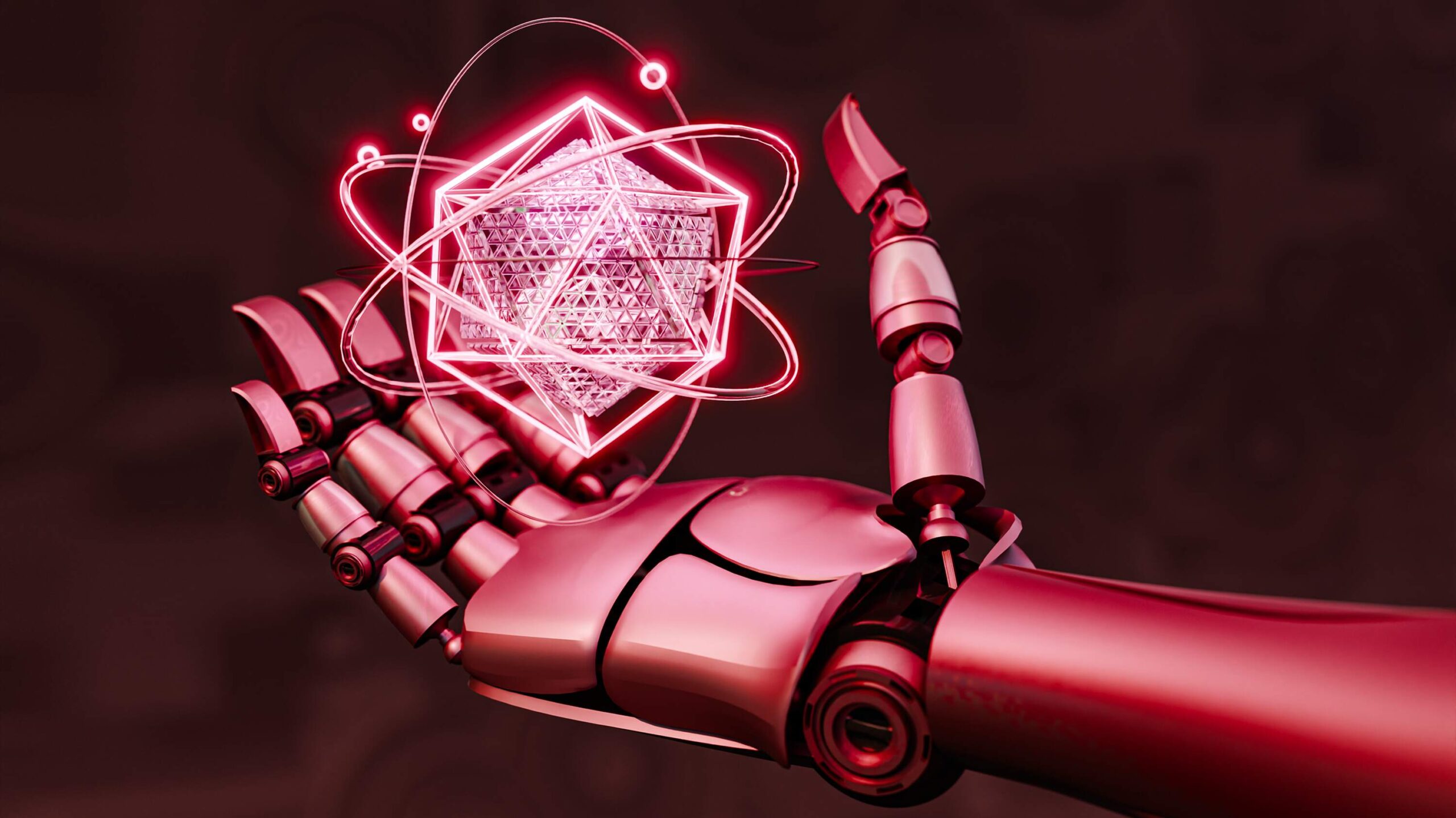Ecommerce has always been shaped by technology. From the rise of online storefronts in the 1990s to the explosion of mobile shopping in the 2010s, every leap has changed how consumers buy and how businesses sell. Today, the next leap is here: AI-powered ecommerce.
Artificial Intelligence isn’t just another tech buzzword. In retail, it’s already automating manual tasks, predicting buyer behavior, and creating personalized experiences that rival in-store shopping. Businesses that once relied on static catalogs and generic email campaigns now deploy AI applications in ecommerce to drive conversions, loyalty, and revenue.
So, how is AI transforming digital retail today? And more importantly—how can your business use it to stay competitive? Let’s break it down.










